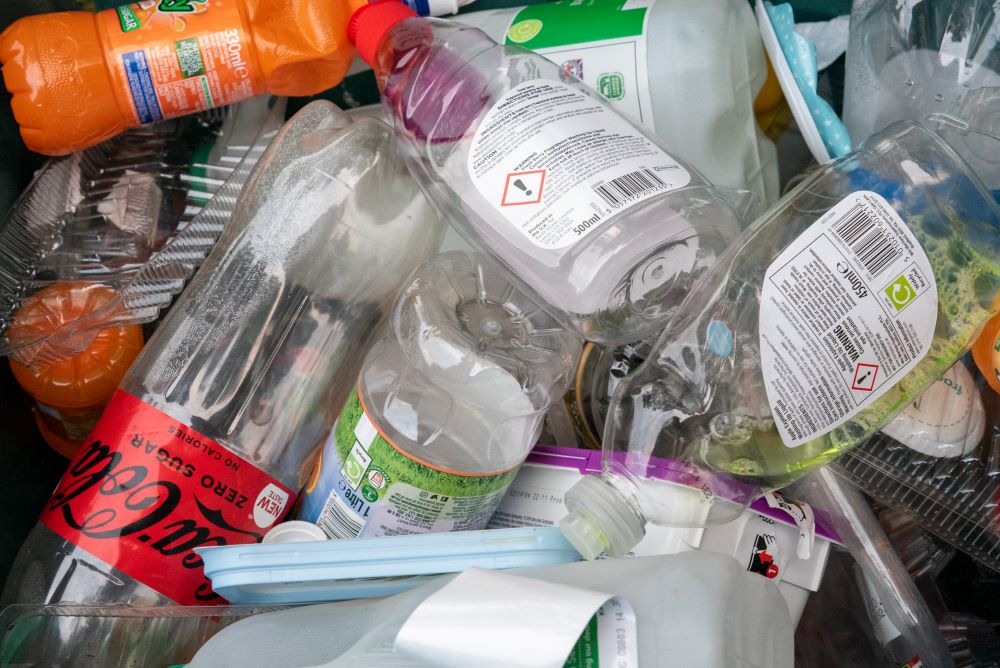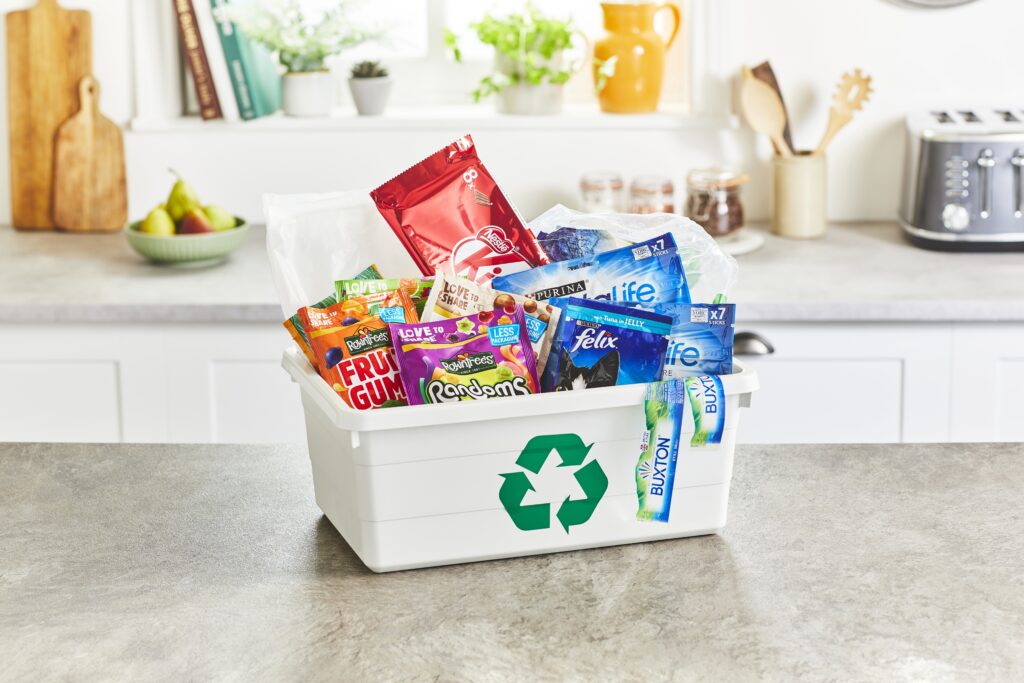Market analysts believe that unlike last year, which saw fairly consistent PRN trading throughout the 12-month period, 2003 will turn out to be like other years with a quiet first two quarters before trading picks up towards the end of the year.
Prices are slightly healthier than some of the panic deals carried out towards the end of December – there are accounts of reprocessors letting PRNs go then for as little as 1 each – but, in comparison to the usual picture of PRNs, prices are still very low.
With January 2003 being used to finalise 2002 obligations, some compliance schemes are paying as low as 10 – 12 a tonne for plastic and 10 – 15 for paper PRNs.
Reprocessors are not happy with prices as they are, and many are thought to be holding on to their PRNs hoping for a healthier outlook.
Concerns
Paper PRN prices are expected to pick up over the next few weeks, but there is some concern about plastics recycling capacity. Before the price drops of November/December 2002, plastics PRNs enjoyed something of a premium, reaching as high as 40 a tonne in the middle of the 2002. This high price of PRNs had been a major factor in many plastics firms balancing their books, but with plastics PRNs expected to be much more similar in price to other materials, that situation could change.
There are also some concerns about the availability of glass PRNs at the moment, with prices higher at around 15 – 19 a tonne on the open market. It is thought that a doubling of glass collection may be needed to reach European packaging recovery targets.
Some smaller deals have been seeing PRNs changing hands for less than 10 a tonne on the Environment Exchange over the New Year, but reprocessors believe that significant deals are not taking place much below 15 at this point in most materials. However, few such deals are taking place at all, outside the safe confines of contracted arrangements: many reprocessors simply will not sell at some of the prices currently being quoted.
Metals
In metals, as with the other materials, few PRNs are changing hands, and prices are thought to be around the 14 – 16 per tonne mark for steel, with aluminium reaching 18 – 20. Although there is still the traditional premium on aluminium, based on its worth as a material, some metals reprocessors admit that since there is a single target for metals in packaging waste regulations, it is possible this premium may evaporate during 2003.
Year ahead
Many believe it will be the summer of 2003 before trading reaches last year's comparatively jubilant levels, but trading is expected to pick up to some extent in late February or early March.
The industry is expecting significant developments in April, when it is thought that DEFRA may make an early indication of packaging waste targets for 2004. It is expected that environment minister Michael Meacher will put recovery targets up significantly, since his decision to keep 2003 at 2002 levels has caused major problems with PRN oversupply. There have been reports that be Mr Meacher may be considering proposals for UK targets to be announced every three years, an idea popular with compliance schemes.
As far as the schemes are concerned, because of Meacher's unpopular decision on 2003 recovery targets, some managers are no longer concentrating their efforts on this year's obligations. Instead, the priority is being placed on establishing the necessary relationships with reprocessors in order to reach future targets. EU targets are still under negotiation in Brussels (see letsrecycle.com story), though a compromise is expected to see the target year set as 2007 with recovery demands at least 60%.
Fraud
The possibility of fraud linked to PRNs remains an issue for the compliance schemes' working group, CoSWiG (see letsrecycle.com story). Some members of CoSWiG would like to see the Environment Agency doing more to enforce against any PRN fraud. But there are some hopes that even by raising awareness of the issues of reprocessors allegedly issuing PRNs for non-packaging waste material, the PRN market may firm up a little with a much-needed decrease in the oversupply.
The government's Advisory Committee on Packaging (ACP) is also looking into possible improvements to the PRN system that could prove beneficial. The ACP is currently interviewing candidates for the position left vacant by the departure of the former Onyxpak compliance manager, Edward Cooke.










Subscribe for free